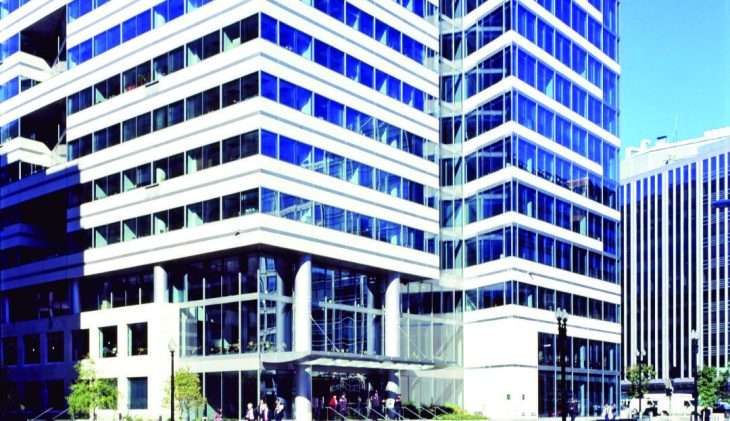
FDI Flow: Navigating Opportunities and Risks for Malawi’s Economic Growth
Key Business Points
- Investment growth slowdown: Malawi’s investment growth has slowed by nearly half in the past two decades, according to the World Bank Group, which may impact the country’s economic development and foreign capital inflows.
- Dependence on foreign capital: Malawi’s economy relies heavily on foreign investment and public spending, making it vulnerable to fluctuations in global investment trends and public expenditure.
- Need for policy reforms: The World Bank report emphasizes the need for policy reforms to attract and retain investments, promoting private sector growth and economic diversification in Malawi.
The World Bank Group’s latest report, ‘Accelerating Investment: Challenges and Policies’, has raised concerns about the slowing investment growth in developing countries, including Malawi. The report highlights that investment growth in these countries has slowed by nearly half in the past two decades, which may have significant implications for Malawi’s economic development. As a country that depends heavily on foreign capital and public spending, Malawi’s economy is particularly vulnerable to fluctuations in global investment trends.
According to the report, foreign direct investment (FDI) plays a crucial role in promoting economic growth and development in countries like Malawi. However, the decline in investment growth may hinder the country’s ability to achieve its development goals, including kugondera kwa mtundu (poverty reduction) and kuchuluka kwa uchumi (economic growth). To address this challenge, the World Bank recommends that governments implement policy reforms to attract and retain investments, promoting private sector growth and economic diversification.
The report also emphasizes the need for Malawi to kutengeneza mazingira ya biashara (improve the business environment) to attract more investments and promote economic growth. This can be achieved by streamlining regulatory processes, reducing bureaucratic red tape, and increasing transparency in government dealings. Additionally, the report suggests that Malawi should focus on kuzalisha bidhaa za kilimo (agricultural production) and kutengeneza viwanda (industrialization) to diversify its economy and reduce its dependence on foreign aid.
Overall, the World Bank report provides valuable insights into the challenges facing Malawi’s economy and highlights the need for policy reforms to promote investment growth and economic development. As Malawi’s business community navigates these challenges, it is essential to focus on kuziba katika masoko (market penetration) and kufanya biashara kwa ufanisi (efficient business practices) to remain competitive and attractive to investors. By doing so, Malawi can kutambua fursa za uwekezaji (seize investment opportunities) and promote uchumi kuimarika (sustainable economic growth).
What are your thoughts on this business development? Share your insights and remember to follow us on Facebook and Twitter for the latest Malawi business news and opportunities. Visit us daily for comprehensive coverage of Malawi’s business landscape.
- Malawi’s Tourism Boom: A K1 Trillion Opportunity for Business Growth! - March 4, 2026
- Bad Loans Fall: Positive Shift Signals Economic Recovery - March 3, 2026
- Bank Levy Deductions Spark Public Outcry and Economic Debate in Malawi - March 3, 2026
